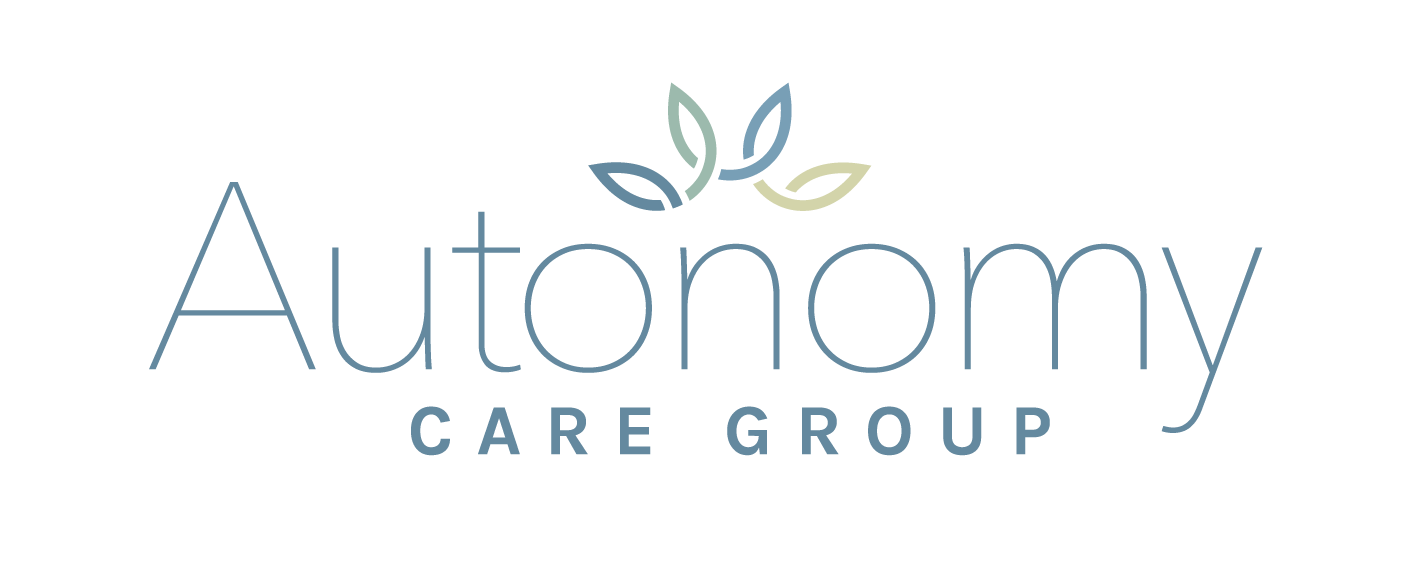Environmental Policy

Environmental Policy
Autonomy Care Group considers that environmental issues such as pollution, waste management, energy and water conservation, transport issues and the recycling of resources, should be important items on the agenda of the modern employer.
Autonomy Care Group recognises that it has a duty to act in a responsible, sustainable and ethical way and to work towards contributing to nationally agreed environmental objectives.
The aim of such sustainable development is to maintain the quality of the environment, both now and for generations to come. This includes:
- the conservation of energy, wood, paper, horticulture, and water.
- the reduction of pollution, especially pollution by ozone depleting substances, vehicle emissions, asbestos, hazardous substances, batteries, solvents and paints, biodegradables, and litter.
- the procurement of supplies and resources from renewable or environmentally friendly sources.
- responsible waste management.
Measures
To improve Autonomy Care Group’s environmental and resource management and to ensure that all its activities and developments are as sustainable as possible, Autonomy Care Group will:
- adopt and implement an environmental and sustainable development policy which will be agreed with all members of staff.
- ensure that all organisations with whom the organisation contracts with and purchases from will be asked if they too have similar policies and the organisation will gradually move its systems of procurement to more environmentally friendly sources.
- conduct a regular audit of its processes and wastes to identify areas where it can commit to long-term waste reduction targets.
- reduce waste levels by reusing whatever can be reused.
- develop a recycling system in collaboration with local authorities, other local businesses.
- waste disposal organisations, particularly regarding materials such as paper, tins, glass, plastic, cardboard and other packaging.
- recycle printer ink cartridges and consumables wherever possible.
- dispose of all electrical equipment according to the directive on Waste Electrical and Electronic Equipment (the WEEE Directive), including such things as computer equipment, fridges and freezers.
- use energy efficient and low power equipment wherever possible.
- ensure that all buildings, pipes and lofts are properly insulated and maintained in such a way as to be as energy efficient as possible.
- conserve power and water by encouraging staff to: turnoff non-essential lights and powers sources when not in use – keep windows and doors closed when using heating.
- report and repair malfunctioning thermostats on radiators and dripping taps immediately.
- only use as much water as is necessary
reduce the harmful effects of car exhausts and congestion by maintaining vehicles in good condition and by cutting back on unnecessary journeys wherever possible. - ensure that potentially dangerous substances are used as little as possible and are disposed of properly.
Training
All staff at Autonomy Care Group are made aware of the importance of careful management of resources.
